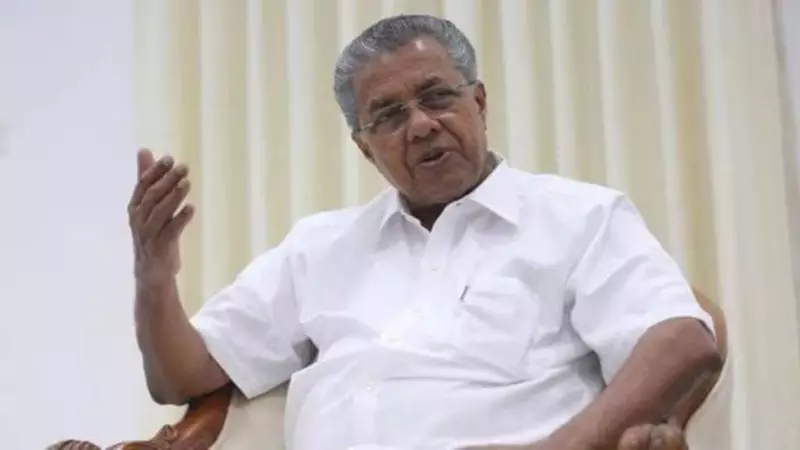
In a dramatic development that has sent shockwaves through Kerala's political landscape, the Communist Party of India (CPI) has openly challenged its senior alliance partner, the CPI(M), over the implementation of the central government's PM SHRI school scheme. This marks the first time the CPI has taken such a public stance against the CPI(M)-led government's decision.
The Genesis of the Conflict
The political storm erupted when the CPI's state secretariat issued a strongly worded statement questioning the Left Democratic Front (LDF) government's decision to implement the PM SHRI (Prime Minister's Schools for Rising India) scheme in Kerala. The party expressed serious reservations about accepting funds and participating in a centrally-sponsored scheme that they believe could compromise the state's autonomous education policy.
CPI's Stern Opposition
The CPI's position was unequivocal: "We cannot accept any scheme that might dilute the state's authority over education or undermine our progressive educational policies." The party leadership argued that Kerala has historically maintained an independent and robust education system that shouldn't be influenced by central schemes with potential strings attached.
What makes this confrontation particularly significant is the timing and manner of the protest. Instead of the usual behind-closed-doors discussions that characterize alliance politics, the CPI chose to make its disagreement public, putting the CPI(M) in an uncomfortable position.
Vijayan's Strategic Countermove
Just when political observers were anticipating a major rift within the ruling front, Chief Minister Pinarayi Vijayan demonstrated his political acumen. Sources close to the administration revealed that Vijayan had already anticipated such concerns and had prepared a comprehensive response.
The Chief Minister's office clarified that the state government would implement the scheme without compromising Kerala's educational autonomy. The government emphasized that it would adapt the scheme to fit within the state's existing educational framework while ensuring that the core principles of Kerala's education policy remain intact.
Political Implications
This public disagreement highlights the delicate balance within the LDF coalition. While the CPI(M) remains the dominant partner, the CPI's assertive stance demonstrates that alliance politics in Kerala continues to evolve. The episode also underscores the challenges faced by state governments when implementing central schemes while maintaining their political identity.
Political analysts suggest that this public airing of differences, rather than being a sign of weakness, actually reflects the maturity of Kerala's coalition politics where constituent parties can express divergent views while remaining committed to the larger alliance.
The Way Forward
Despite the initial friction, both parties appear committed to finding a middle ground. The CPI's willingness to raise concerns publicly and the CPI(M)'s readiness to address them suggests a dynamic political relationship that could strengthen democratic processes within the coalition.
As Kerala continues to navigate the complex interplay between state autonomy and central schemes, this episode serves as a reminder that in Indian federal politics, even the closest allies must sometimes agree to disagree publicly while working toward common goals behind the scenes.






